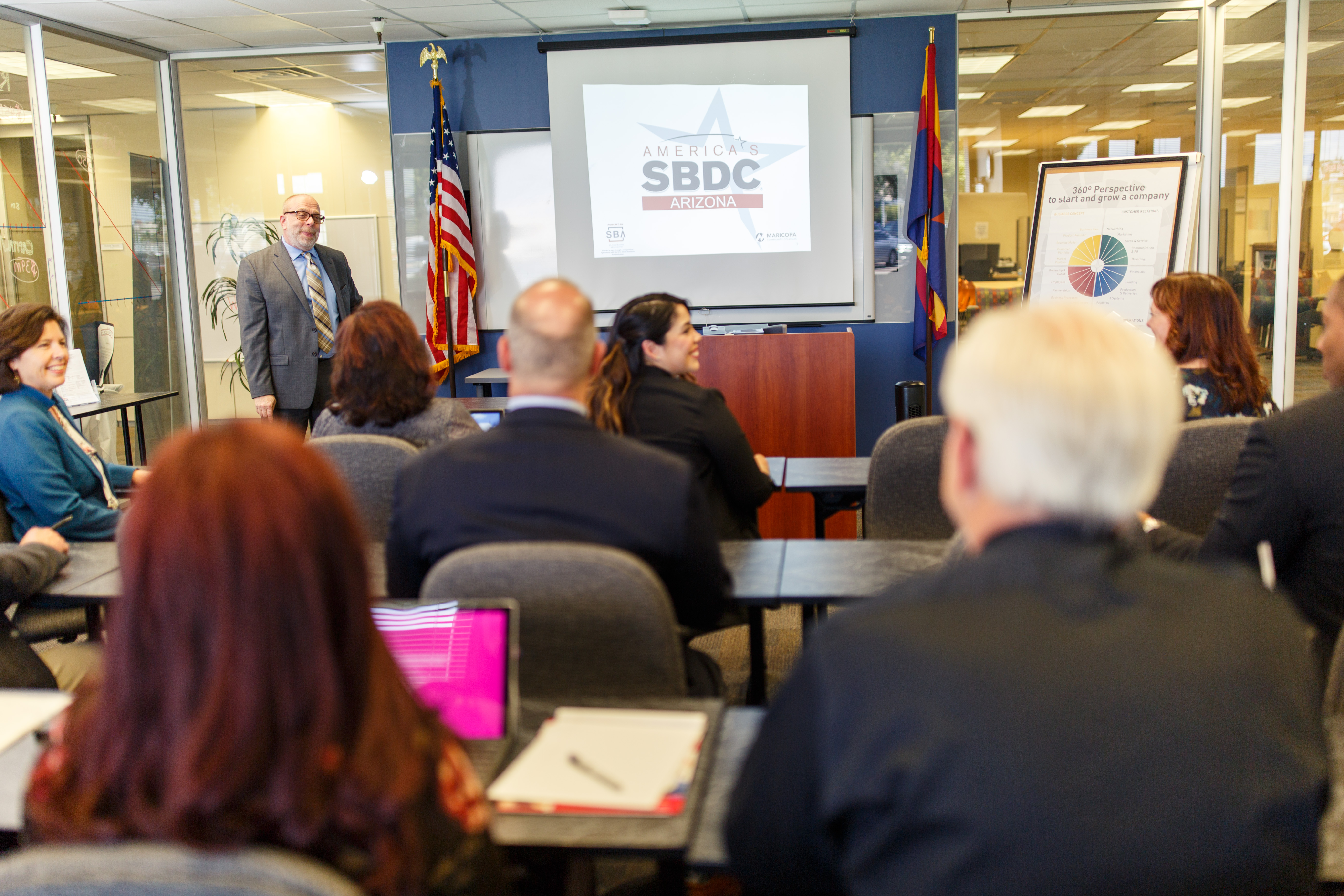By Mike Pineda, Business Analyst
The alarm clock goes off and you hit the snooze button. It’s as though you will win a prize for continuing to hit the button at the right time. However, all the while time is passing by and you know that attending your first class of the semester is inevitable. Now that you have pulled yourself out of bed and grabbed the nutritious first meal of the day (a pop tart), you arrive at the campus and begin the tedious task of finding the classroom. After 15 min and a couple of strange looks for those you have questioned, you finally see the classroom that you have been looking for. Don’t be this person!
Now that we are coming near to the start of another semester it is important for students to prepare so that this silly example does not occur. So what preparations should a student take? Here are 6 ways to be prepared.
- Expectations
If it has been awhile since you have been in the classroom it is going to take some time to adjust. Just as technology changes, so does education. There may be more online work and research required from you. If you face a challenge that sets you back, utilize your resources to overcome this challenge. Utilize tutoring options, work with a team and most importantly don’t let the setback get you down. It may take more time than you thought you get back into the swing of things.
- Financial options
Prior to signing up for classes, it is important to determine how you will afford tuition. Take a look at what grant or scholarship opportunities are available to you. You can speak with the institution’s financial aid department for more information. You may also want to check with your employer to determine if they offer tuition reimbursement.
- You haven’t decided on a major
If you are entering the institution as a freshman, the lack of a decision on a major is not as important as you may think. Take time to review the programs of study for Majors that you find exciting or have a passion for. Even then, most Majors will still require you to take the same general course requirements such as math and English. College can be the landscape you need to decide what profession you will want to concentrate on.
- Relationship with Academic Advisor
This resource will be very important for you. If you have an academic issue or not sure what class, you need to take this person is who you will want to speak with. You want to make sure that your classes coincide with the program of study that you selected. Taking a course that is not necessary can be ineffective and costly. If you feel that your advisor is not working with you as he or she should, then don’t be afraid to request someone else.
- Review your schedule and determine the location, time of class and policies of the institution
Many institutions place their classes in centralized locations based upon the major. If this is not the case for your institution, visit the campus ahead of time and take a guided tour or venture out on your own to take it all in. Times of classes will vary and it will be important to plan your start time as close and as convenient as possible. If you attend a course and decide that the class is not for you or is not part of your program of study you will want to read the drop/add policies of the institution. This is important as financial aid and other monetary implications may exist.
- Network
Networking can be a great way to build relationships with others in your institution. Connecting with professionals in your field or with others going into similar fields could help you when entering your field of choice. Faculty members can provide references that could also open doors and provide opportunities to get a position in your field of choice.




